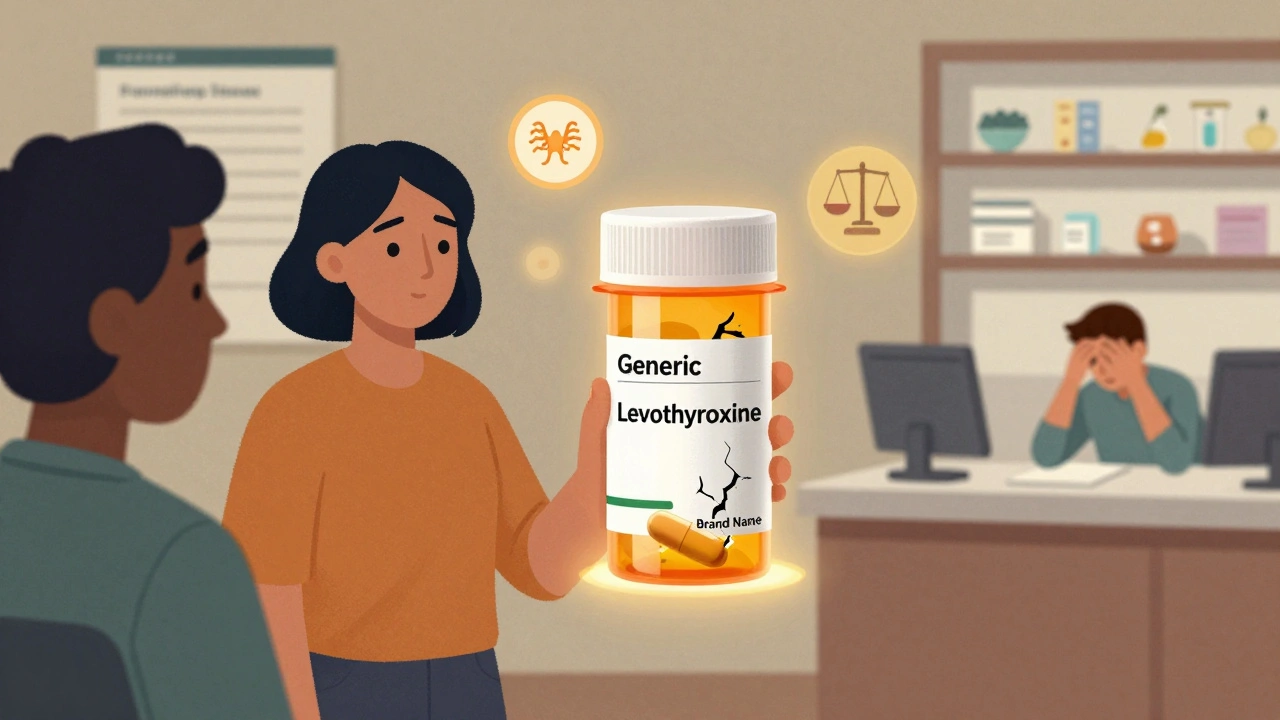Side Effects: What to Watch For and How to Handle Them
Ever taken a pill and wondered why you felt a little off? That’s a side effect trying to make its presence known. Knowing the basics can keep you safe and help you decide when it’s time to call your doctor.
Common Types of Side Effects
Most medicines cause mild issues like stomach upset, headache, or drowsiness. These usually fade as your body gets used to the drug. More serious reactions can involve rash, swelling, trouble breathing, or a fast heartbeat. If any of these pop up, stop the medication and seek medical advice right away.
How to Spot a Problem Early
Keep a simple log: write down the drug name, dose, and any new symptoms you notice, no matter how small. Timing matters – side effects often appear within a few hours or days of starting a drug. If the same symptom shows up every time you take the med, it’s probably linked.
Don’t ignore “normal” reactions either. For instance, many antibiotics cause mild diarrhea, but persistent watery stools could signal a bigger issue. When in doubt, check the medication’s information sheet or ask a pharmacist.
Reporting helps everyone. Most countries have a national system (like the FDA’s MedWatch in the US) where you can submit a report online. Your single entry contributes to a larger safety picture and may protect future patients.
Managing side effects often starts with simple tricks: take pills with food if stomach upset occurs, stay hydrated, or adjust the time of day you take the med. Some drugs work better at night, reducing daytime drowsiness. If lifestyle changes don’t help, talk to your prescriber about dose adjustments or alternative options.
Remember, never stop a prescription abruptly unless a doctor tells you to. Sudden withdrawal can cause its own set of problems, especially with steroids, antidepressants, or blood pressure medicines.
Bottom line: stay alert, log symptoms, and keep the conversation open with your healthcare team. Side effects are a normal part of medication use, but they don’t have to be scary when you know what to look for and how to act.
-

Nosebleeds Linked to Medications: Common Causes and How to Prevent Them
Nosebleeds can be caused by common medications like aspirin, ibuprofen, and blood thinners. Learn which drugs trigger them, how to prevent them, and what to do when they happen.
-

Alternative Medication Classes: Different Drugs, Different Side Effects
Different types of medications-prescription, OTC, and herbal supplements-come with unique side effect risks. Learn how to spot dangerous interactions, why generic drugs aren't always interchangeable, and what to watch for when switching treatments.
-

Next-Generation GLP-1 Agents: What You Need to Know About Safety and Side Effects
Next-generation GLP-1 agents like retatrutide and orforglipron offer unprecedented weight loss but come with persistent GI side effects and unknown long-term risks. Learn what’s new, what’s safe, and what to watch for.
-

Colospa vs Other Pain Relievers: Detailed Comparison Guide
A detailed guide comparing Colospa with ibuprofen, naproxen, celecoxib, acetaminophen and more, covering dosage, side effects, and how to pick the right pain reliever.
-

Keppra for Epilepsy: Dosage, Side Effects, and Patient Tips
Get the facts about Keppra: why doctors prescribe it, how it controls seizures, common side effects, helpful tips for patients, and what it’s really like living with this medication.